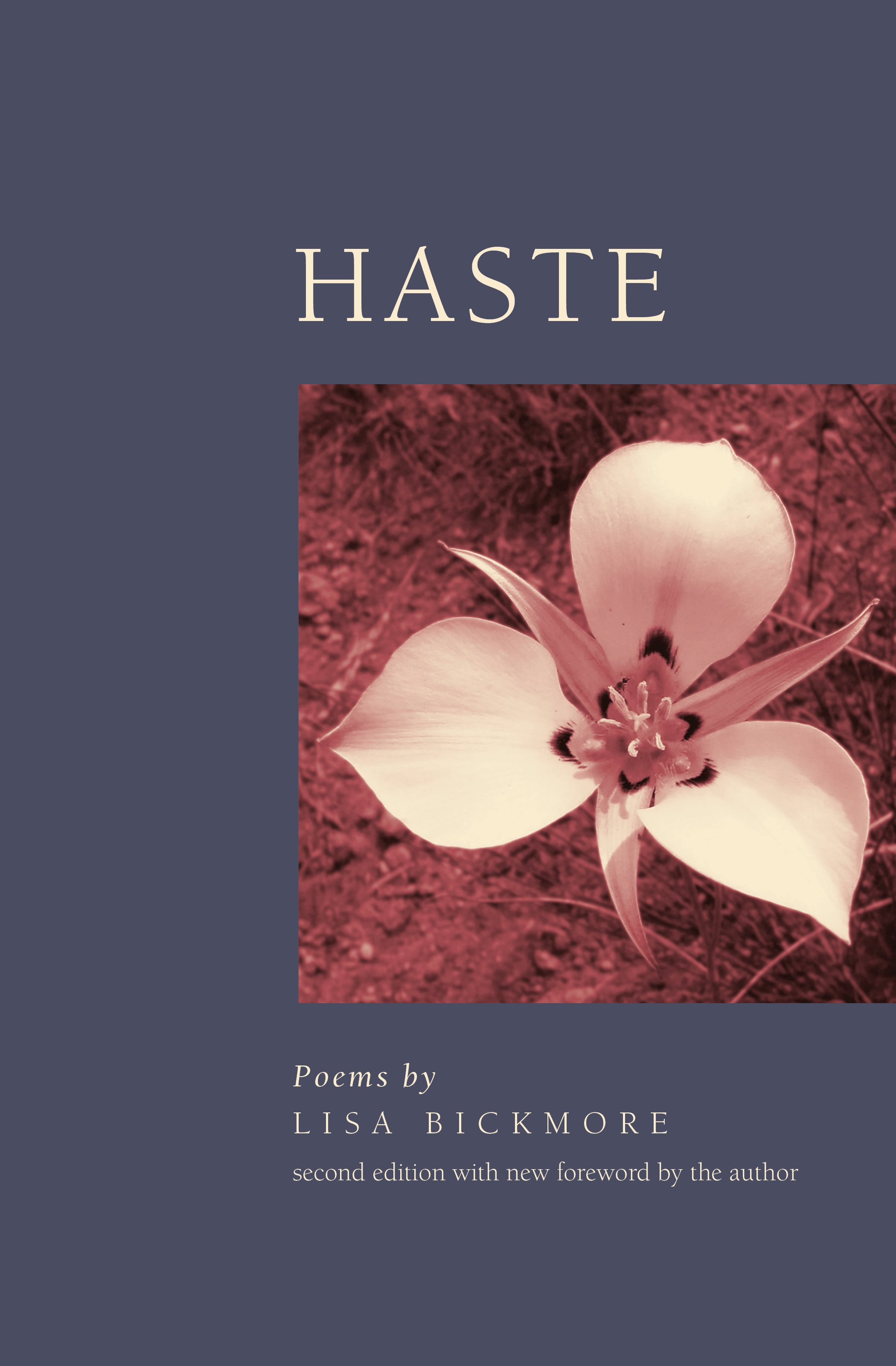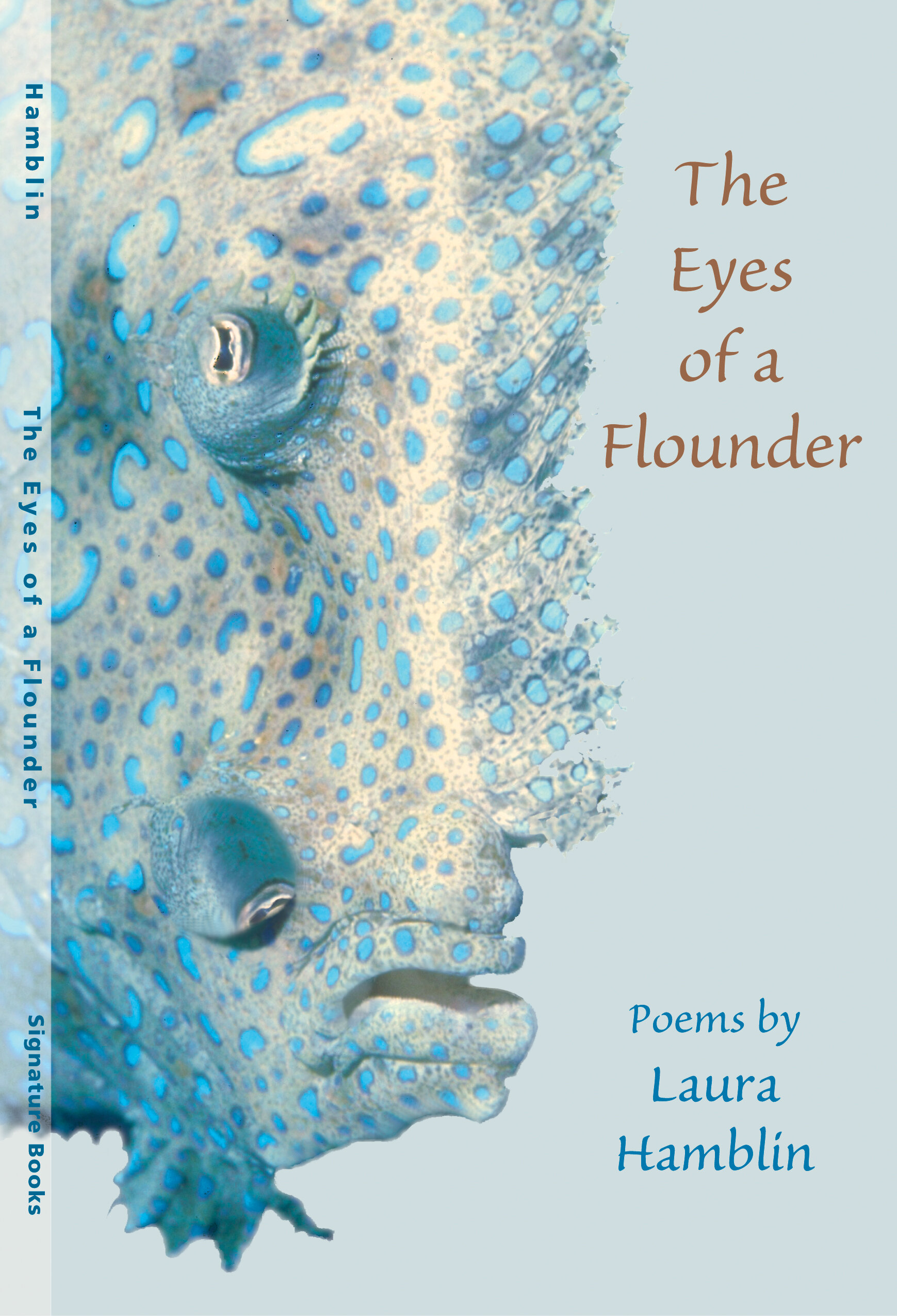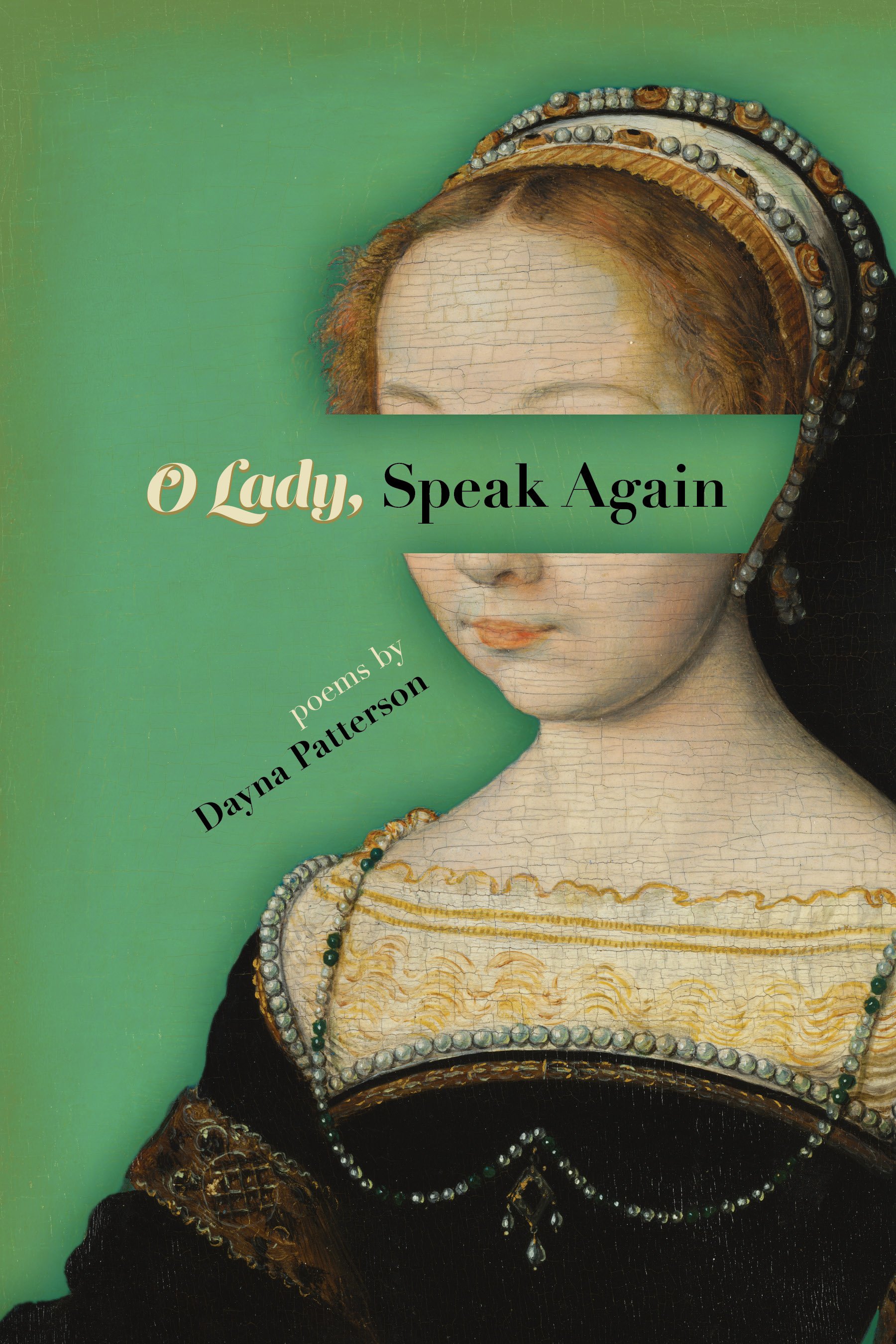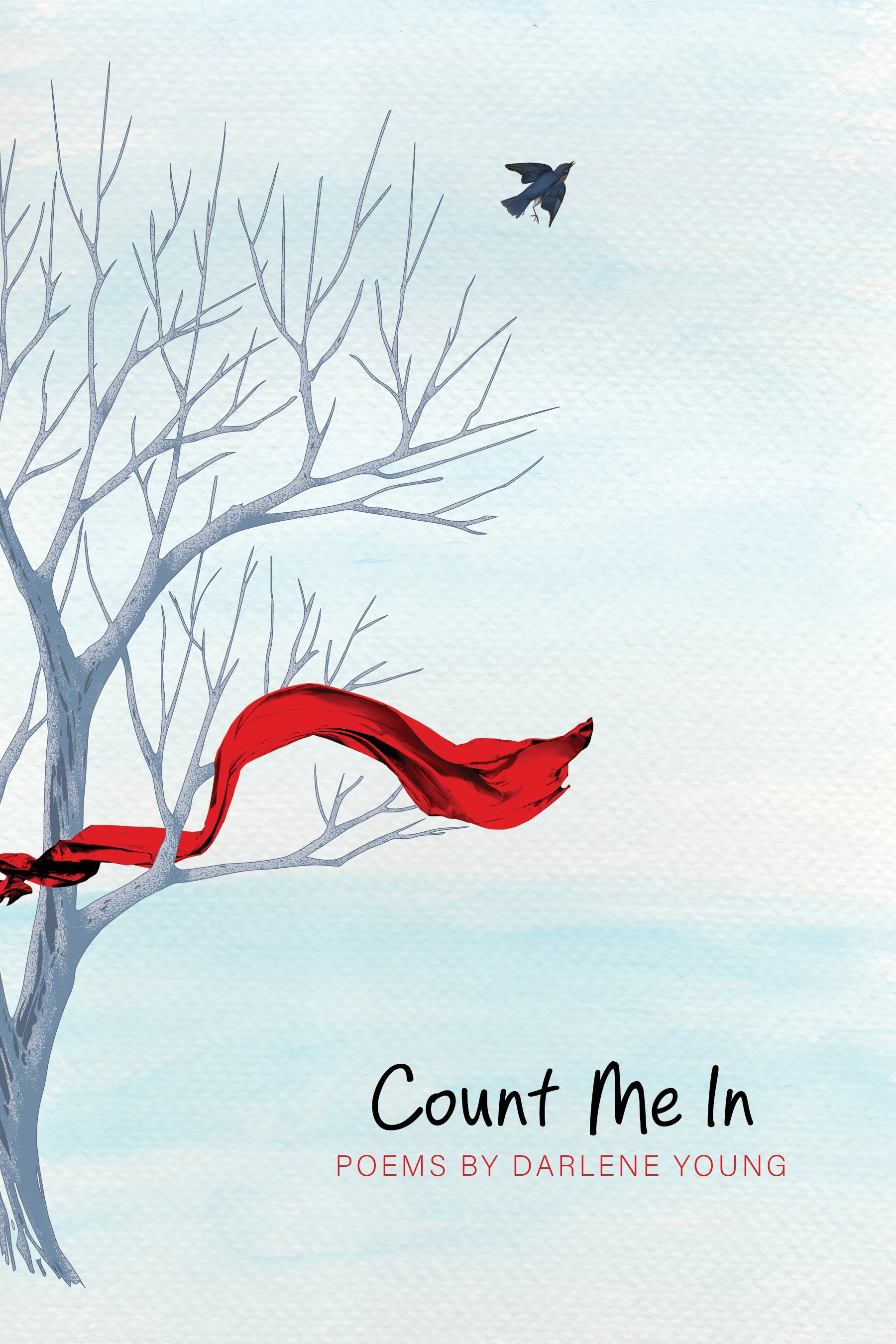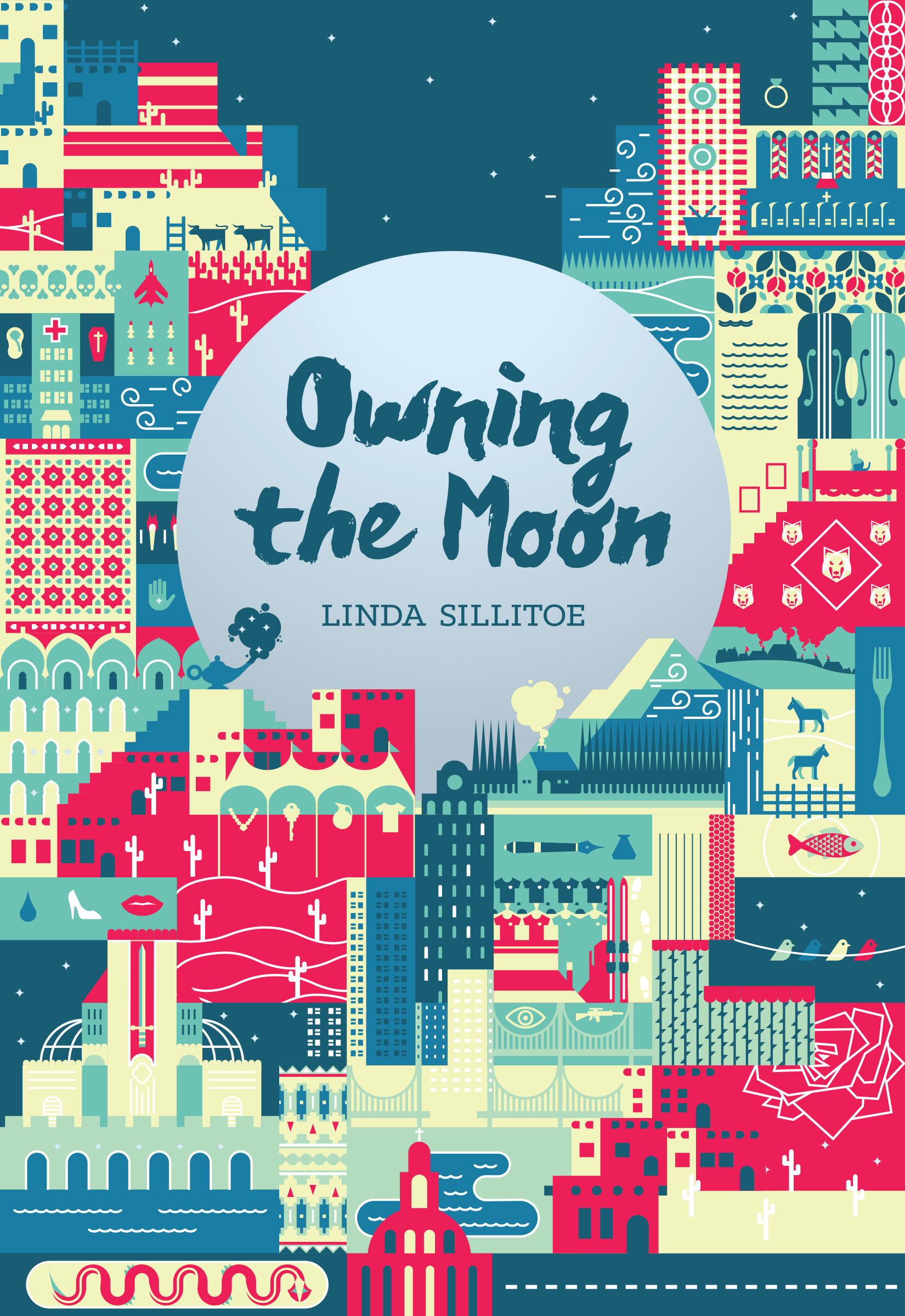Her Side of It
Her Side of It
poems by Marilyn Bushman-Carlton
Marilyn Bushman-Carlton notices the differences, inherent or learned, between men and women, even in her own family. Take sports, for example. In “The Girls’ Game,” she notices how “the fathers think of soccer / as the usual battlefield,” while the daughters hear “their mothers’ cotton voices” and apologize. “Oh, sorry!” they tell their opponents: “No, you go ahead.”
She makes an arc from the present back to her own childhood, then forward through marriage and the challenges of parenthood. She explores a woman’s choices, the joys and bumps along the way. For instance, she realizes her husband would put his body “between mine and a smoking train,” then asks, “Would you, My Sweet, / like Pierre de Châtelard, / write poems for your lady, be cinched / into clothes with collars big as carriage wheels?”
She writes of watching, unnoticed, her son dancing in his room, spinning in “erratic ovals.” “I watch,” she writes, “because I have never been a boy, fourteen, shuffling into a man, / … I have only been a mother / … I have been a girl / in love with a boy this age …”
“Love is a delicate chain of moments,” the poet writes. Her approach to poetry is the same as toward love, delicate and interconnected. As Kathleen Bryce Niles, past editor of the Comstock Review, writes, Bushman-Carlton is “an astute observer of human beings, particularly those closest to her,” and her “poems are both honest and touching.”
paperback: $16.95 | ebook: $6.00
Her Side of It
poems by Marilyn Bushman-Carlton
Marilyn Bushman-Carlton notices the differences, inherent or learned, between men and women, even in her own family. Take sports, for example. In “The Girls’ Game,” she notices how “the fathers think of soccer / as the usual battlefield,” while the daughters hear “their mothers’ cotton voices” and apologize. “Oh, sorry!” they tell their opponents: “No, you go ahead.”
She makes an arc from the present back to her own childhood, then forward through marriage and the challenges of parenthood. She explores a woman’s choices, the joys and bumps along the way. For instance, she realizes her husband would put his body “between mine and a smoking train,” then asks, “Would you, My Sweet, / like Pierre de Châtelard, / write poems for your lady, be cinched / into clothes with collars big as carriage wheels?”
She writes of watching, unnoticed, her son dancing in his room, spinning in “erratic ovals.” “I watch,” she writes, “because I have never been a boy, fourteen, shuffling into a man, / … I have only been a mother / … I have been a girl / in love with a boy this age …”
“Love is a delicate chain of moments,” the poet writes. Her approach to poetry is the same as toward love, delicate and interconnected. As Kathleen Bryce Niles, past editor of the Comstock Review, writes, Bushman-Carlton is “an astute observer of human beings, particularly those closest to her,” and her “poems are both honest and touching.”
paperback: $16.95 | ebook: $6.00
Her Side of It
poems by Marilyn Bushman-Carlton
Marilyn Bushman-Carlton notices the differences, inherent or learned, between men and women, even in her own family. Take sports, for example. In “The Girls’ Game,” she notices how “the fathers think of soccer / as the usual battlefield,” while the daughters hear “their mothers’ cotton voices” and apologize. “Oh, sorry!” they tell their opponents: “No, you go ahead.”
She makes an arc from the present back to her own childhood, then forward through marriage and the challenges of parenthood. She explores a woman’s choices, the joys and bumps along the way. For instance, she realizes her husband would put his body “between mine and a smoking train,” then asks, “Would you, My Sweet, / like Pierre de Châtelard, / write poems for your lady, be cinched / into clothes with collars big as carriage wheels?”
She writes of watching, unnoticed, her son dancing in his room, spinning in “erratic ovals.” “I watch,” she writes, “because I have never been a boy, fourteen, shuffling into a man, / … I have only been a mother / … I have been a girl / in love with a boy this age …”
“Love is a delicate chain of moments,” the poet writes. Her approach to poetry is the same as toward love, delicate and interconnected. As Kathleen Bryce Niles, past editor of the Comstock Review, writes, Bushman-Carlton is “an astute observer of human beings, particularly those closest to her,” and her “poems are both honest and touching.”
paperback: $16.95 | ebook: $6.00
Marilyn Bushman-Carlton was named the 1999 Utah Poet of the Year by the Utah Poetry Society. She has been a Utah Arts Council Artist-in-Residence, UAC Artist Grant recipient, and prize-winner in the UAC Original Writing Competition. Her two anthologies, on keeping things small and Cheat Grass, have received critical praise, as did Her Side of It, a finalist in the Jesse Bryce Niles Chapbook Competition at the Comstock Review. She has published in Earth’s Daughters, Ellipsis, Exponent II, Iris, Sunstone, Utah English Journal, the Wasatch Review, and elsewhere. She also participated in City Art Poetry on the Bus and contributed to Discoveries: Two Centuries of Poems by Mormon Women and To Rejoice as Women: Talks from the 1994 Women’s Conference.
Poetry
ISBN: 978-1-56085-208-7


